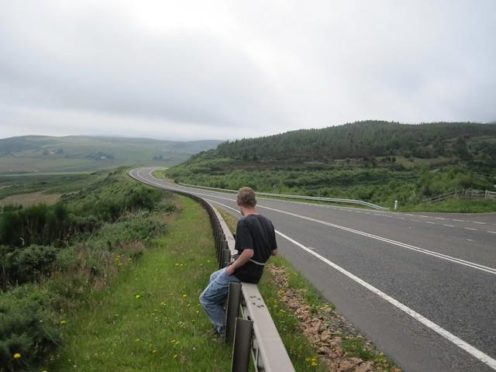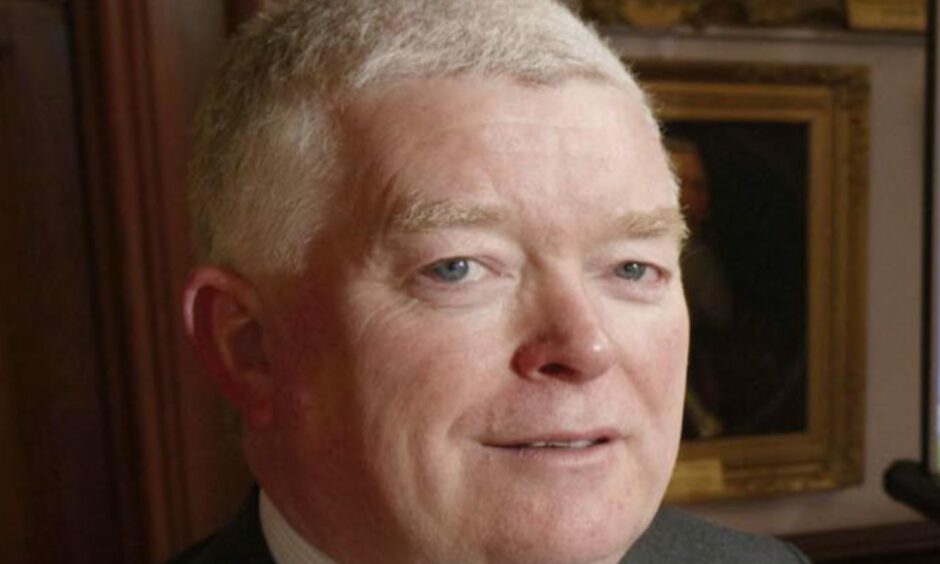Five candidates are vying for a seat in the Wick and East Caithness by-election, which takes place on August 12.
We look under the bonnet of their election statements to see what’s driving the debate in Ward 3.
It’s a peculiar time for a by-election, but one that was necessitated by the resignation of independent councillor Nicola Sinclair.
With less than a year remaining in the five-year term, candidates will have a tough time making any realistic claims about what they can deliver.
That may be one reason why the campaign rhetoric is so highly charged.
Throw in the effects of years of budget cuts, and the pent up frustrations of a community recovering from lockdown, and you have the perfect storm for politicians to weather.
While some candidates commended the cross-party collegiate working that’s characterised the Wick and East Caithness ward to date, others rebuked the SNP for what they believe is a lack of effective opposition to the independent-led administration.
They paint the picture of a stale administration that won’t listen, or deliver.
Is it time for smaller, more local councils?
The longstanding argument over localism has come to the fore – does Inverness really ‘get it all’ and would Caithness be better served by a district council?
In many ways it’s a moot point. None of the candidates can break up the Highland Council and while it may prove a popular argument with frustrated voters, it won’t deliver change on the ground.
And that change, if the local newspaper headlines are anything to go by, is roads.
The emergence of the Caithness Roads Recovery campaign group has thrown fuel on the fire, and every day brings more photos of people gazing angrily at potholes.
The politicians are quick to cast blame – but whether it’s central government underfunding local government or local government underfunding Caithness, the voters don’t care: they just want tar on their roads.
Meanwhile, the county continues to plan for a future post-Dounreay and rebuild a Caithness that young people will want to stay in.
Some candidates reference the growing issues with poverty, addiction and suicide, but as is so often the case, the visible scars – potholes, litter, weeds – appear to take political precedence over the deeper wounds that have blighted the county for years.
Will the people of Wick and East Caithness look to experienced hands such as veteran ex-councillor Bill Fernie or seek fresh ideas from new hopefuls?
The tone of social media appears to suggest an appetite for radical action, either way.
And yet, voter turnout numbers may well show that the real flavour of August 12 will not be radical action, but apathy.


